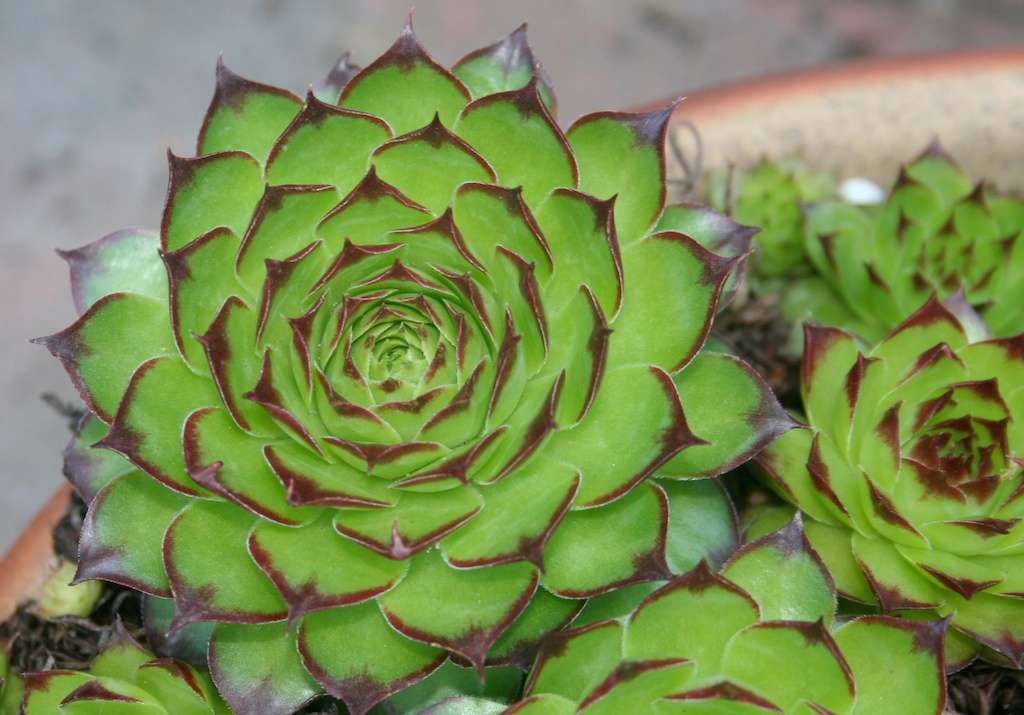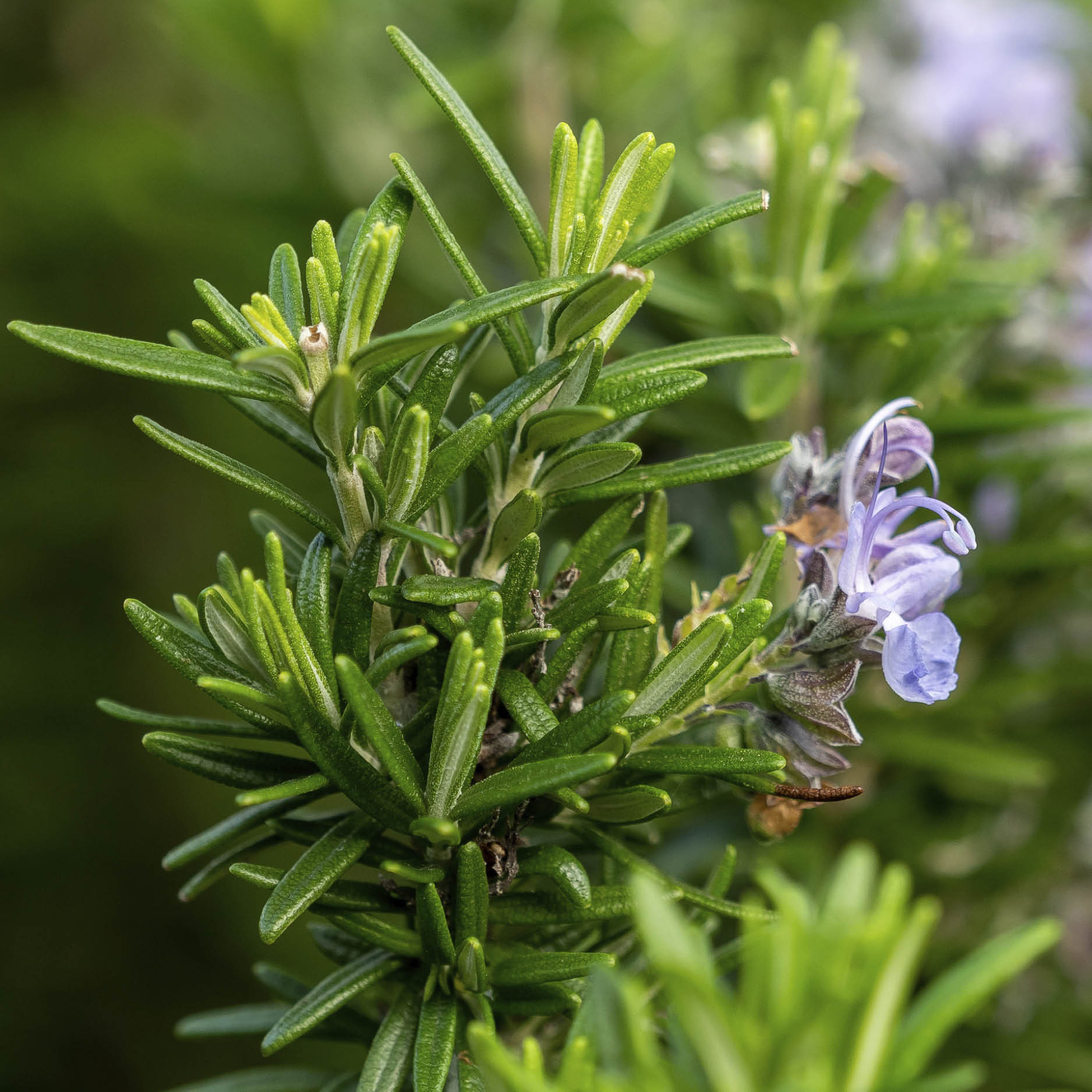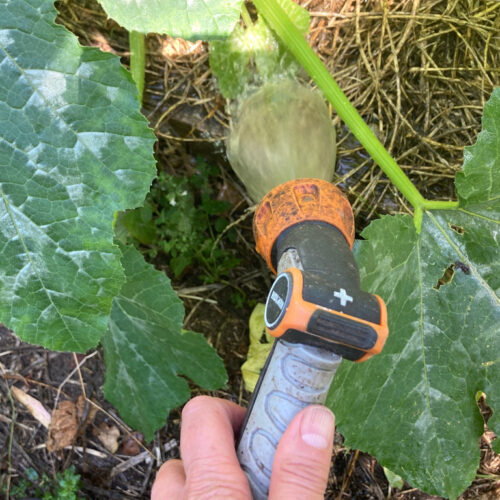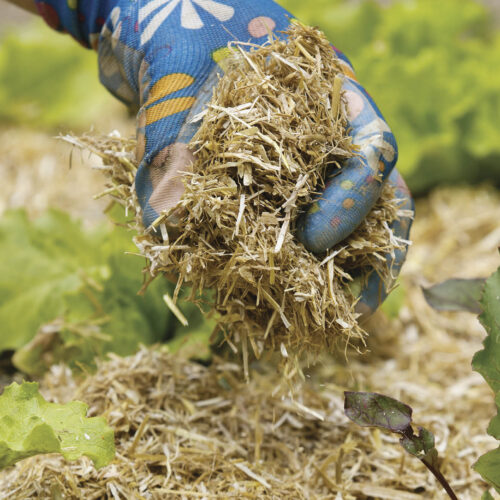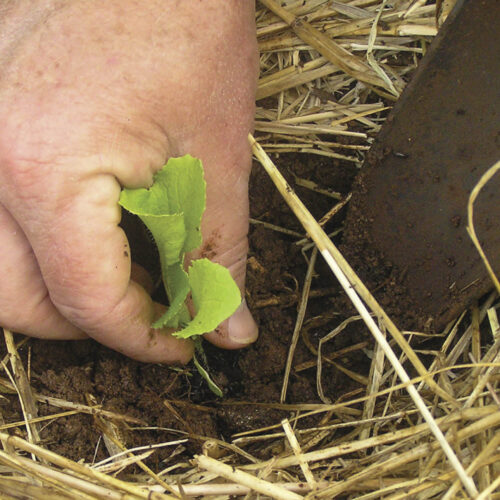Garden luck
2016-07-15T08:50:13+10:00
Need a little luck in your life? asks PENNY WOODWARD
During these cold winter days when its difficult to get into the garden but you might like to spend some time contemplating the role that luck plays in gardening. Even the best gardener needs a bit of luck sometimes. So we lesser mortals who sometimes struggle to keep our favourite plants alive might do well to consider some of the practises of early gardeners. In ancient times every care was taken to make sure no evil would enter the garden. Gardens in those days were also much more practical, as they often supplied all the the essential food and the cures so it was important that they were productive. If your garden failed you might well starve. Many herbs were supposed to repel devils and witches but the Romans went a step further and would “place the skull of a mare or she-ass that hath been covered” and they believed that this would ensure that their gardens were fruitful. It is still possible to see a carved horses head over a gateway into old gardens today.
One of the luckiest plants (and thankfully one of the easiest to grow) is the houseleek (Sempervivum tectorum). If grown in the garden it will protect the gardeners luck and stop the garden from being struck by lightning. It was also often grown on rooftops and in this position would protect the house from lightning too and ensure that anyone who lived in the house would never be short of money. Perhaps governments should give every household a pot of houseleeks to make sure taxes get paid. Houseleeks were grown throughout Charlemagne’s empire because they were thought to keep witches and evil spirits away. The sweet bay (Laurus nobilis) would also protect the garden from lightning but if you want protection from storms and hail the remedy is more difficult. Pliny recommends that you bury a toad in a terracotta pot to achieve this protection.
More generally it was believed that any flower with five petals was lucky but in particular if you find a lilac flower with five petals this is exceptionally lucky, while bamboo and sunflowers will bring good luck to your home if they are planted near to the house. I would suggest putting the bamboo into a pot so it can’t undermine the foundations, because that would be very unlucky. From Devonshire in England comes the belief that if you transplant parsley you will have bad luck and it was also well known that where parsley grows vigorously, the woman is dominant. If you are about to set yourself up in a business make sure your sage is thriving because an early Arabian belief says that while sage is flourishing your business will flourish, but if it withers your business will fail.
Yarrow (Achillea millefolium) hung in the toolshed will guarantee the safety of anyone using the tools and will also protect the shed from thieves, but if you do have the misfortune to be burgled then sleep with a sprig of heliotrope (Heliotropum arborescens) under your pillow and you will dream of the person who has robbed you, although I doubt if this would stand up in court.
Many early gardens had their own bee hive and the bees were seen as the protectors of natures secrets and believed to bring luck to the garden and household. With the resurgence of bee hives in gardens today, you might like to know that they will never stay in a garden where there is anger or strife.
If all of this leaves you exhausted then I suggest you retreat to your bed with a good gardening book, but make sure there’s a sprig of rosemary under your pillow to ward off evil spirits and protect you from bad dreams.

